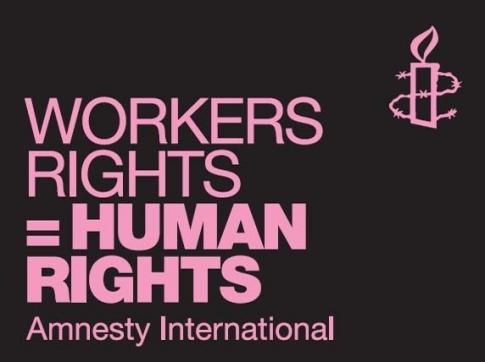Human rights wrangle

We are looking at creating our own British Bill of Rights. We are going to fight in Europe for changes to the way the European Court works and we will fight to ensure people understand the real scope of these rights and do not use them as cover for rules or excuses that fly in the face of common sense.’
David Blackburn
A set-to has broken out this morning over the Human Rights Act. David Cameron has declared that he is going to fight the Human Rights Act and its interpretation. Cameron writes:
‘The British people have fought and died for people’s rights to freedom and dignity but they did not fight so that people did not have to take full responsibility for their actions. So though it won’t be easy, though it will mean taking on parts of the establishment, I am determined we get a grip on the misrepresentation of human rights.
We are looking at creating our own British Bill of Rights. We are going to fight in Europe for changes to the way the European Court works and we will fight to ensure people understand the real scope of these rights and do not use them as cover for rules or excuses that fly in the face of common sense.’
A few salient points emerge from those paragraphs.
First, Cameron tries the standard conceit that the European Court and European Court of Human Rights are one and the same. They aren’t and reform of the ECHR will require the agreement of the 47-strong Council of Europe, not just the 27 members of the European Union. However, the cause of reform is growing in Europe and Britain will have the opportunity to lead the campaign when it assumes the chairmanship of the council in November.
Second, this clearly will cause friction within the coalition. Patrick Hennessy reports that 70 Tory MP have formed a group to examine Britain’s relationship with the European Union and they will address the Human Rights Act and the ECHR. Meanwhile, Sir Menzies Campbell has been on the airwaves this morning, saying that he doesn’t want Britain’s commitment to human rights to be “watered down”. His reservations are apparently shared by Liberal Democrats in government, who also frustrated the creation of a commission into the British Bill of Rights, according to several disgruntled Tories in parliament. The commission that was eventually formed is dominated by liberal human rights lawyers Philippe Sands, Lord Lester and Helena Kennedy, which was seen as a victory for Clegg. So the outlook for a British Bill of Rights appears less than rosy at this stage.
Third, there is the issue of the "misrepresentation of human rights." Cameron will get deserved plaudits for insisting that people take "full responsibility for their actions”. He will hope that the police will now feel able to act more firmly without fear of prosecution, providing their use of force is proportionate. The word ‘proportionate’ is critical here. This week’s row over riot sentencing illustrated that human rights lawyers will fight the government if its response is deemed to be disproportionate. They will almost certainly extend that fight to IDS’ proposed ‘harassment’ of gang members, as they did with Tony Blair when he was managing these issues at the end of his premiership.
But there’s also a more fundamental issue. The emerging consensus suggests that the riots were, among other things, a sign of perceived disenfranchisement. There will be those who argue that launching an assault on human rights, which are inherent according to the charters that Britain has signed, on the pretext of controlling rioters will not cure the rioters of their sense of exclusion.
spectator.co.uk




 del.icio.us
del.icio.us Digg
Digg

Post your comment